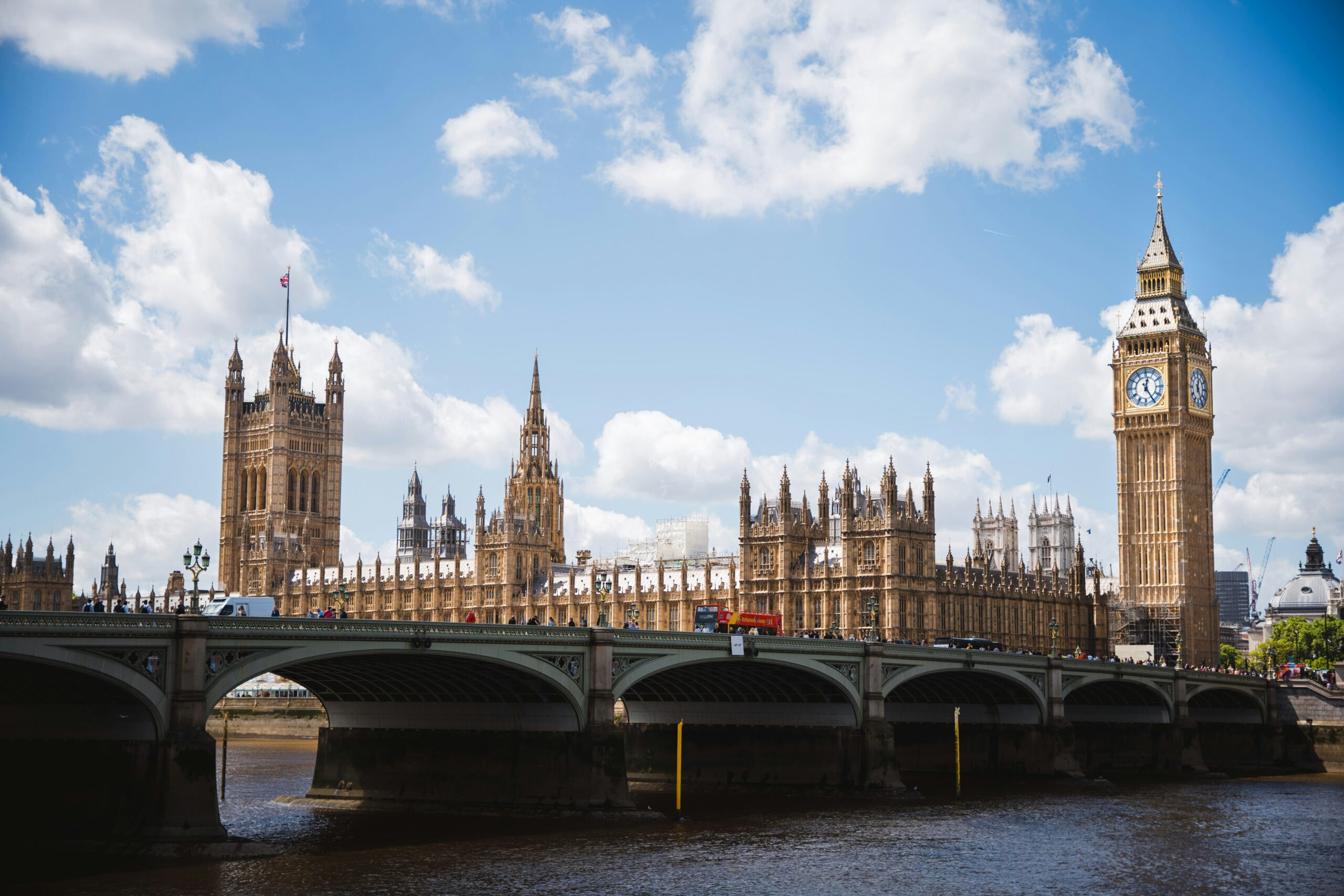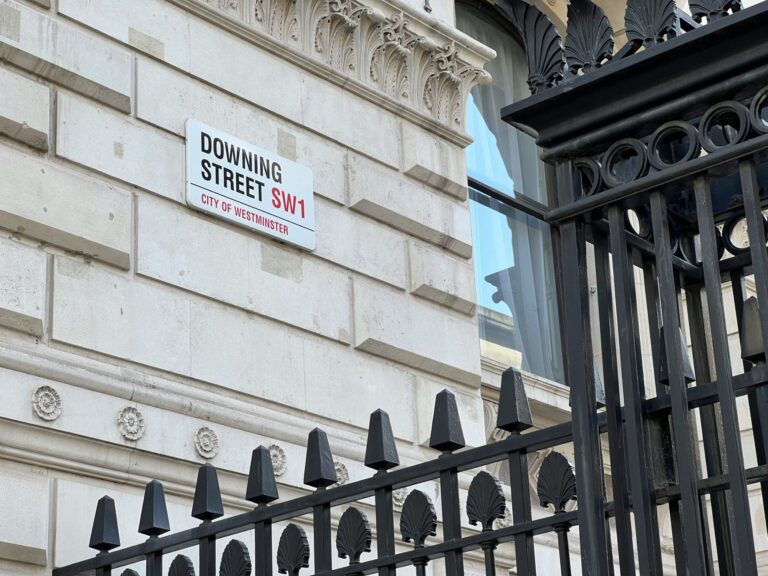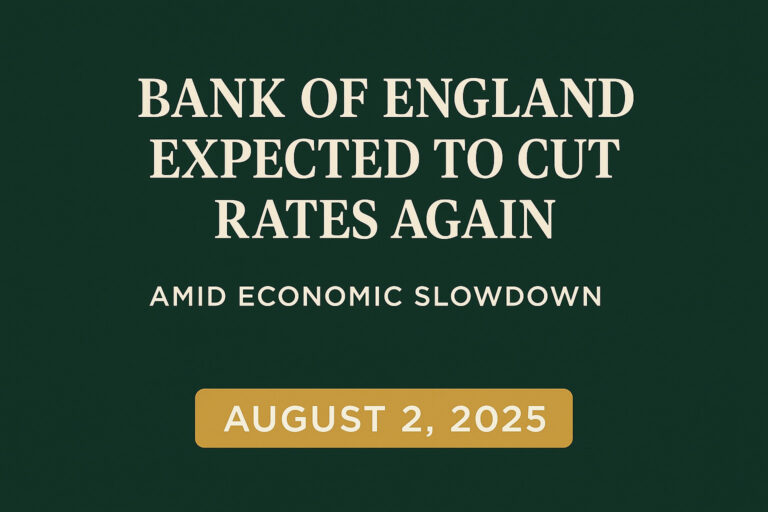Should the UK Lower the Voting Age to 16? A Deep Dive Into Voting Age Reform
Voting age reform is becoming a major political issue in the UK. With general elections on the horizon, many are asking: Should 16-year-olds be allowed to vote? In this article, we explore the case for and against lowering the voting age—and what changes may lie ahead in 2025.
What Is Voting Age Reform?
Voting age reform refers to changing the legal age at which citizens can vote. In the UK, the current voting age for general elections is 18. However, 16- and 17-year-olds can already vote in Scottish and Welsh elections.
As the push for uniform voting rights across the UK gains steam, this debate is becoming more urgent than ever.
The Case For Lowering the Voting Age
1. Young People Are Politically Engaged
Today’s youth are more informed than ever. From climate marches to online activism, 16- and 17-year-olds are actively shaping the political conversation. Reform supporters argue that giving them the vote would formalize and empower their role in society.
2. They Already Have Adult Responsibilities
At 16, people in the UK can legally:
- Work full-time and pay taxes
- Join the armed forces (with parental consent)
- Consent to medical treatment
- Get married in some parts of the UK
But they cannot vote. Reformers view this as a contradiction that undermines democratic fairness.
3. Education Supports Political Readiness
Citizenship and political education are already part of the UK school curriculum. Many argue that students leaving school at 16 are better equipped than ever to participate in elections responsibly.
The Case Against Lowering the Voting Age
1. Lack of Maturity
Critics argue that 16-year-olds may lack the maturity and life experience to vote with long-term foresight. They worry about impulsive, emotionally driven choices and the influence of social media.
2. Politicisation of Schools
Opponents also raise concerns about party politics entering the classroom. Could schools become battlegrounds for political messaging?
3. Low Turnout Among Young Voters
Historically, 18–24 year-olds show the lowest voter turnout. Some fear that adding even younger voters would dilute the turnout percentage and weaken democratic engagement overall.
Where the UK Stands in 2025
Several UK parties—including Labour, the Liberal Democrats, and the Greens—support lowering the voting age to 16. In Scotland and Wales, the law has already changed for local and devolved elections. But Westminster still sets the age for general elections at 18.
As we approach the next general election, this topic is expected to appear in party manifestos and possibly on the parliamentary agenda.
International Examples
Countries that allow voting from age 16 include:
- Austria – since 2007, for all elections
- Argentina and Brazil – optional voting from 16
- Germany – in some state-level elections
- Scotland and Wales – for regional and local elections
These examples suggest that lowering the voting age is not just theoretical—it’s already working in practice around the world.
Conclusion: Is Britain Ready for 16-Year-Old Voters?
The campaign to lower the voting age in the UK reflects deeper questions about fairness, civic responsibility, and democratic evolution. While many see it as a step forward, others urge caution.
Whether or not change comes in 2025, the push for voting age reform shows no signs of slowing down. And if you’re 16 or 17? The message is clear, stay informed, your turn may be coming soon.




